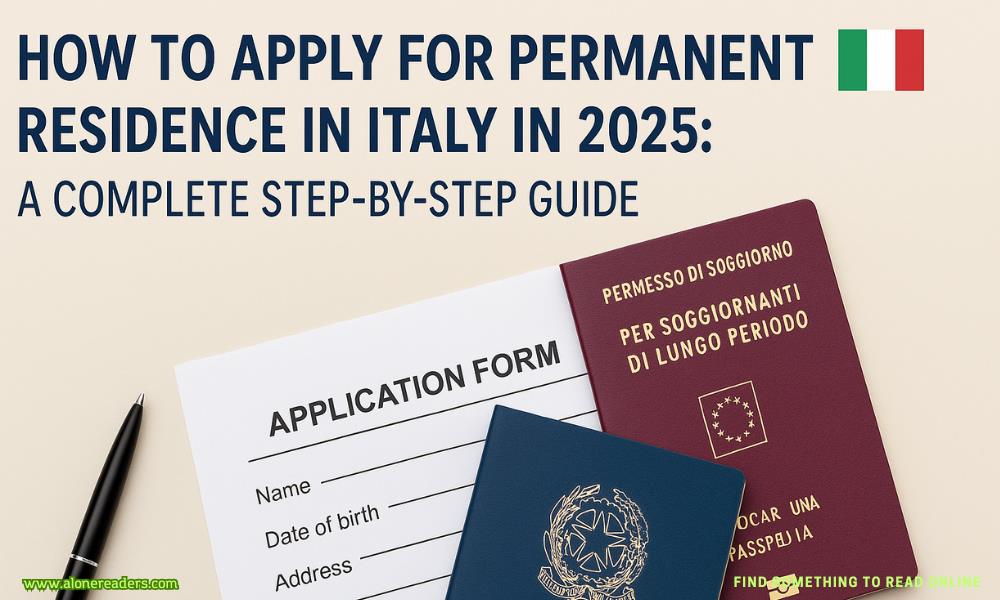Page 36 of Aftertaste
“Gotta keep my kitchen open that long first.”
“Ah, shit. Speaking of kitchen”—Frankie checked the time: nine o’clock—“I gotta head back to Wolfpup.”
“Now?I thought you were off.”
“I am. But we’re wrapping spring menus tomorrow, and I need to test a few more recipes. And then I’m going by Delia’s.” He winked at Kostya. “Don’t wait up.”
“Jeez, when do you sleep?”
“I run on hustle, baby, not sleep. But look. Don’t worry so much. The aftertastes—an answer’ll come. Don’t overthink it.”
BUT OVERTHINKING, KOSTYAthought now, finishing his beer and signaling The Flame’s grizzled waitress for another,is my Olympics.
He had analyzed and dissected and pondered the problem all morning. How come Sister Stacy came right back, but NYU kid’s granddad didn’t? How come he vomited up that meat-headed rock-climber as soon as his yogi sister Om Shantied through the door, but couldn’t get so much as a whiff of that nice widow’s husband after three hours of tearful reminiscence?
His customers had all been understanding about it. Some even got competitive, making another reservation right away, determined to make it work. Still, Kostya knew that eventually people would grow tired of waiting.
He picked at the label on his beer.
Why did some spirits show and others—pun very much intended—ghost him? Were his taste buds off? Were his diners out of sync? Did they need a special way of connecting with the Dead that he couldn’t seem to tap into? Or was it like Frankie had said, that not every spirit wanted to come back?
“Hey,” he asked the old-timer to his right, “can I borrow a pen?”
Kostya fished a notebook from his coat pocket (an Italian leather order pad he’d lifted from Saveur Fare) and began a list. The dates, locations, foods, conversations—all the details he could remember about every ghost he had managed to resurrect.
He was looking for patterns, or at least clues.
The first few were easy to recall. Steven Tyler’s ghost bride, Anna. His dad (sort of) at the Bouche de Noël. Sister Stacy his first night at the Supper Club.
The most recent one was easy, too.
Tad, that Californiabruhin climbing gear, who’d died when the rope snapped (eeesh), retrieved by a sardine sandwich and his yoga-pose-for-a-selfie sister. That left four more, Kostya straining to remember.
There’d been that bland turkey meatloaf the night Frankie was helping out—a Juilliard instructor, Marguerite, bringing back a dance protégé, her pupil dead from diet pills. There was Jaden, a high school senior whose Captain Crunch and Cheerio blend had produced—it made Kostya ache—his little brother Michael, a wrong place, wrong time,should’ve-been-me-insteadtragedy. There was Erica, the mom who had wept on Kostya’s shoulder, who blamed herself because she’d held on too tight, had never let her daughter live, was so stifling that Ashley snuck out one night to meet a boy she’d met online, who turned out to be a man, a terrible man—carrot cake smothered in thick, cream cheese frosting.
But the last one really stumped him.
It was the second ghost at Hell’s Kitchen, the one he’d used to convince himself that the lull following Sister Stacy’s resurrection was just a fluke, opening-week jitters. What’d he make the night after that string of failed services, his confidence shaky?
When he finally remembered, he was ashamed to have forgotten.
He’d been nervous, afraid he’d lost his touch, and the diner who shuffled in was an old man in a baseball cap. He didn’t speak much English, and had pantomimed alongside slow, enunciated Spanish, as though lengthening the syllables would somehow make Kostya understand. The language barriermade it difficult to warm the guy up, to ask the questions that might have prompted the ghost to reappear, and in the end Kostya just sat down across from him and took his hand, squeezed gently, said something like, “Let’s see if they show.”
When the aftertaste hit him, it was unmistakable, though for a second he did the lingual equivalent of a double take.
It was a memory from Kostya’s own childhood, the year after his dad died, when his mother fell into a depression so dark she spent weeks on end in bed, covers drawn, shades dampening the room. Kostya had kept them fed then, had trudged twenty minutes to the only grocery store that took their food stamps, had hauled home milk and bread and cheap orange cheese in a tearing plastic bag, its yellow smiley stretching to a frown by the time he huffed through the door. Anything they couldn’t afford on the stipend, he supplemented with freebies: sugar packets from the bodega on the corner, ketchup and mustard from Burger King, oyster crackers abandoned by the people who could afford the overpriced soup at Hale and Hearty. There were weeks when their food ran out before their next set of food stamps arrived, and Kostya had survived them with what he was about to make for this spirit.
Seven Heinz packets dissolved in boiled New York tap. Mix with a plastic spoon in a Styrofoam cup. Serve with broken saltines, if available. Ketchup soup.
He sucked back tears as he stirred.
When the ghost materialized, a kid in his teens, Kostya just wanted to hug him.
That dish was proof—the aftertastes didn’t have to be sophisticated. They didn’t even have to taste good. To anyone who tried this Campbell’s Tomato knock-off without knowing what it was, it probably ranked somewhere between awful and inedible. But that was the thing about food you ate when you had nothing: the smallest things—warmth, crunch, calories, someone making it for you, taking care of you even if only in some small way, or making it for yourself, proving that you could survive even when the world didn’t want you to—could make it the best thing you ever ate.
Something in Kostya’s gut lurched.
The best thing you ever ate.
- Lily and the Duke by Carole Mortimer
- Claimed By Daddy by J.L. Quick
- Room One Hundred and Twenty-Five: All Access by Layne Daniels
- Pleasing Him by S.E. Law
- Knocked-Up Bratva Bride by Veda Rose
- A Touch of Fate by Cora Reilly
- Tamed By A Knight by Lena Little
- Forced & Knocked-Up Bratva Bride by Lexi Carter
- Forced Innocent Bride By the Bratva by Lexi Carter
- Chain Me by Bianca Cole
- Dirty Little Sinner by Samantha Barrett
- Sinister Promise by Zoe Blake
- Black Flag by Shey Stahl
- Happy Hour by Shey Stahl
- How to Deal by Shey Stahl
- Love Complicated by Shey Stahl







